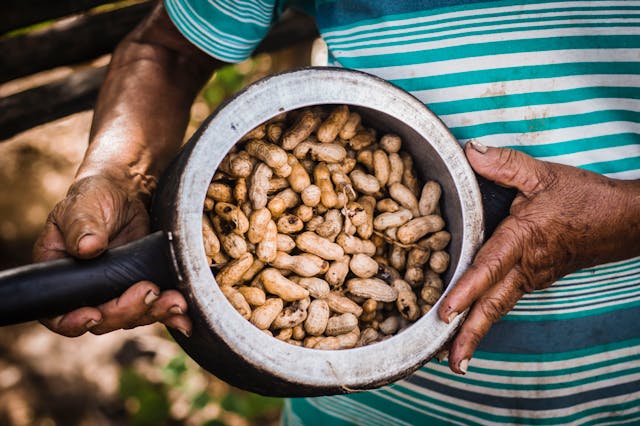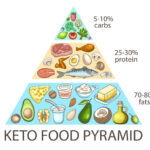A study published in the journal Antioxidants, led by Rosa M. Lamuela, a professor at the Faculty of Pharmacy and Food Sciences at the University of Barcelona and a member of the Institute for Nutrition and Food Safety Research (INSA-UB) based at the Nutrition and Food Torribera Campus, and the Physiopathology of Obesity and Nutrition Networking Biomedical Research Centre (CIBEROBN), indicates that eating peanuts and peanut butter could benefit vascular health in young, healthy adults.
Peanuts, derived from the legume plant Arachis hypogaea, are considered nuts from a nutritional standpoint and are most commonly consumed globally. They are rich in fatty acids, proteins, fibre, and polyphenols, making them a nutrient-dense snack that supports a healthy lifestyle. This potential of peanuts as a healthy snack is a reason for optimism in nutrition and health.
Unlike many nutritional studies focusing on high-risk populations, particularly older individuals, where dietary changes show more immediate benefits, this study took a unique approach. It included 63 healthy young adults aged between 18 and 33 who incorporated daily peanut products into their diet for six months. Professor Rosa M. Lamuela from the UB Department of Nutrition, Food Science and Gastronomy noted that this approach makes it challenging to detect the health effects of dietary changes in this study group.
This pioneering nutritional intervention documented improvements in vascular markers, specifically those linked to antithrombotic and vasodilatory effects, after regular peanut consumption. “Our findings showed a notable increase in urinary levels of phenolic metabolites in participants who consumed peanuts and peanut butter daily compared to those in the control group, who consumed a cream devoid of fibre and polyphenols,” explains Rosa M. Lamuela.
Moreover, individuals who ate peanuts or peanut butter demonstrated enhanced levels of prostacyclin I2 and a better ratio between thromboxane A2 and prostacyclin I2, eicosanoids, which serve as indicators of vascular health. “It’s interesting to note that certain phenolic metabolites, particularly hydroxycinnamic acids, which saw a significant increase post peanut consumption, also correlated with the enhancements in these vascular markers,” states researcher Isabella Parilli-Moser (INSA-UB-CIBERobn), first author of the paper.
This study reinforces the hypothesis previously supported by scientific literature and earlier studies by the same research group regarding the protective role of dietary polyphenols—essential antioxidants and anti-inflammatory agents—against cardiovascular diseases in adults, alongside their antithrombotic and vasodilatory properties. Additionally, the chronic consumption of nuts and peanuts has been associated with a reduced risk of cardiovascular diseases and diabetes, mainly due to the protective effects of the polyphenols they contain.
While the article underscores the potential health benefits of including peanuts and peanut butter in our diet, the researchers emphasize the need for further studies. These studies are crucial to fully elucidate the mechanisms behind the positive effects of peanut consumption on vascular health. This call for additional research engages the audience and invites them to contribute to the field of nutrition and health.
More information: Isabella Parilli-Moser et al, Urinary Phenolic Metabolites Associated with Peanut Consumption May Have a Beneficial Impact on Vascular Health Biomarkers, Antioxidants. DOI: 10.3390/antiox12030698
Journal information: Antioxidants Provided by University of Barcelona








